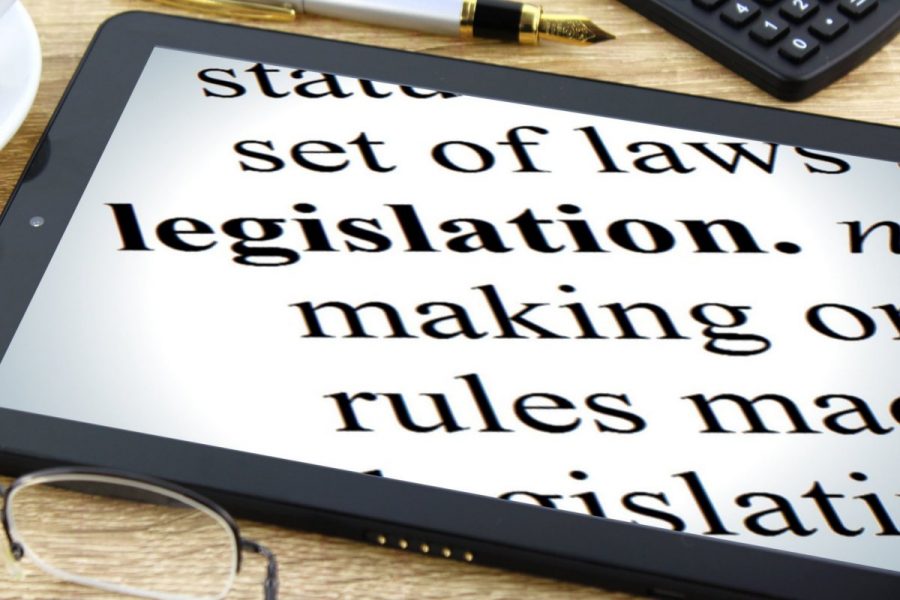A beginners’ guide to call recording legislation
We talk quite extensively about the benefits of call recording, but do you understand the legalities involved with the practice? If not, now may be a good time to familiarise yourself with call recording legislation.
Is all recording a normal practice?
Yes, it is; particularly if you operate within an industry in which call recording is integral to compliance. Think the financial services industry, for example. There are numerous reasons why you may need or wish to record your calls – we’ve probably covered many of them during the course of this blog.
What is the legislation governing call recording?
The Regulation of Investigatory Powers Act 2000, or RIPA, governs the recording and monitoring of telephone calls. Other bodies and legislations created for such a purpose include the Telecommunications Regulations of 2000, the Data Protection Act 1998, and the Human Rights Act of 1998. All organisations collecting data by way of recording calls must be enrolled onto the Register of Data Controllers. Used correctly call recording is legal and ethical. Indeed, if you’re recording calls in order to provide evidence of business transactions, ensure compliance, set quality assurances, secure company data, or detect a crime, your actions are above board. Recordings cannot be released to unrelated third parties, and the bugging of telephone lines for the purpose of stealing data is illegal.
Compliance is everything
We don’t need to tell you how essential it is to remain compliant. Before commencing the recording of calls ask yourself a few questions:
- Do you need the information that you are asking for, and recording?
- Are you prepared and able to inform people that you’ll be recording them?
- Are you satisfied that data will be held safely, and securely?
- Do you have the means the delete records after a particular period of time?
There are huge legal ramifications for anyone found to be undertaking illegal call recording, or acting in a way that contradicts compliance. It’s best to know where you stand, and understand how you’ll be implementing call recording before you begin.
You should declare when you’re recording calls
Contrary to popular belief you are not legally obliged to tell a customer or client when a call is being recorded; so long as calls are being recorded in the business’s best interest you may continue without making a song and dance of matters. However, in doing so you risk damaging the trust you and your clients have no doubt established. It’s common practice for businesses to let their callers know that conversations are being recorded by way of a recorded message prior to the call’s commencement. If your calls are being conducted for market research purposes you must obtain permission to record.
Your customers can request data
Did you know that your customers have a legal right to ask for the data you collect? Under the governance of the Data Protection Act, your customers are within their rights to request the details of any calls at a later date. For this reason it always pays to keep your records in good order. Recorded calls should be accessible pending requests, and labeled in such a way as to never get lost. There are laws dictating how and where data should be stored, so ensure you familiarise yourself with legislation prior to recording. Oh, and sharing the details of calls, or the recordings, with third parties is a huge no-no, of course.
Is there anything else I should know?
This is not the kind of data that can be put into storage and forgotten about; how would you feel if your personal details, and voice, were kept on file indefinitely? Although there is no strict time limit on the deletion of records, the Data Protection Act suggests that data is deleted once it’s served its purpose. So, if you’re handling recorded calls for the purpose of quality and handling, it would perhaps be less than productive to keep them beyond a year.
We’ve found this website to be particularly useful when it comes to call recording legislation. Do have a browse if you find yourself blessed with a minute or two of time.
If you’d like to know more about call recording legislation now you’re more familiar with its governance please do contact us or give us a call on 0333 0022 440 . We’re waiting to answer all of the queries you may have regarding your own implementation of call recording. Did we also mention that we offer free trials of all of our software? We do, and it’ll likely put you on the right track for making the most of your experience with call recording. We’d like to take a moment to welcome you to our family; your business is in for a treat.

